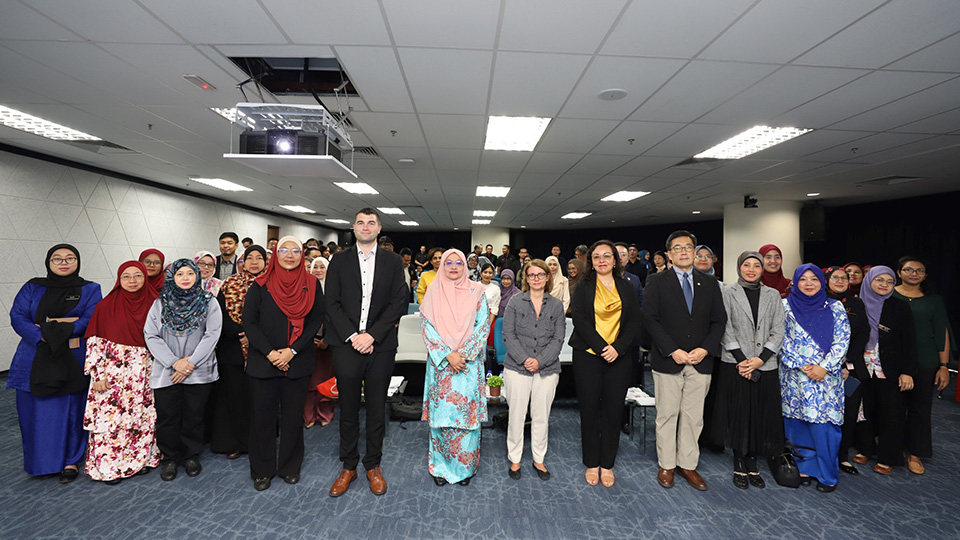National Seminar on the Budapest Treaty on the International Recognition of the Deposit of Microorganisms for the Purposes of Patent Procedure, Kuala Lumpur, September 9 to 10, 2024
September 26, 2024
A National Seminar on the Budapest Treaty on the International Recognition of the Deposit of Microorganisms for the Purposes of Patent Procedure was organized on September 9 to 10, 2024, in cooperation with the Intellectual Property Corporation of Malaysia (MyIPO).

Ms. Yusnieza Syarmila Binti Yusoff, Deputy Director General (Strategic & Technical), MyIPO opened the Seminar recalling Malaysia’s path to the accession of the Budapest Treaty on June 30, 2022.
The Seminar provided an opportunity to learn about the benefits of the Budapest Treaty, the national legal provisions with respect to deposit of microorganisms, as well as the operation of International Depositary Authorities. In addition, the Universiti Putra Malaysia Microbial Culture Collection Unit (UPM-MCC), presented to the participants the services offered by the collection operating as the National Deposit Authority (NDA) in Malaysia. In this capacity, the collection receives and stores deposits of microorganisms for patent procedure purposes, thus facilitating the filing of patent applications related to microorganisms in Malaysia.
Finally, the participants also heard from the role and experience of the technology transfer office of the Universiti Putra Malysia in securing IP protection and commercializing innovations that may involve deposits of microorganisms. A number of participants from universities, research institutions and government agencies of Malaysia took part in the seminar.